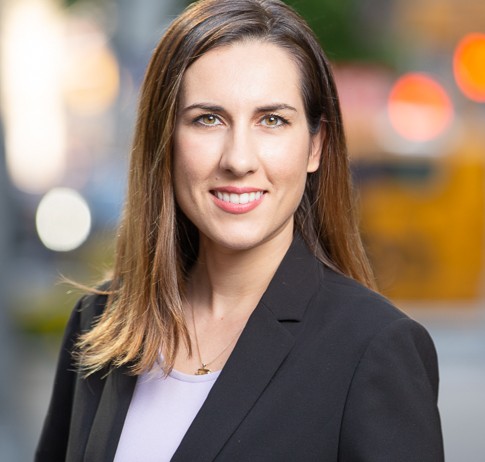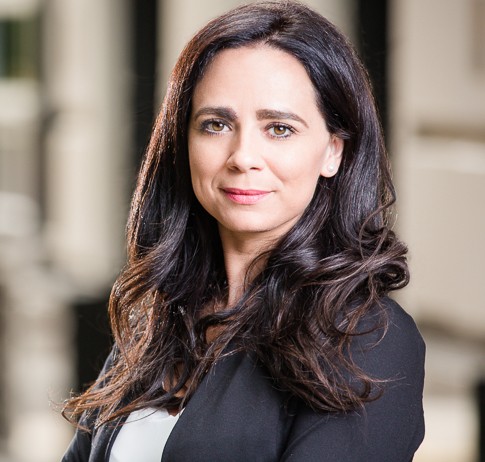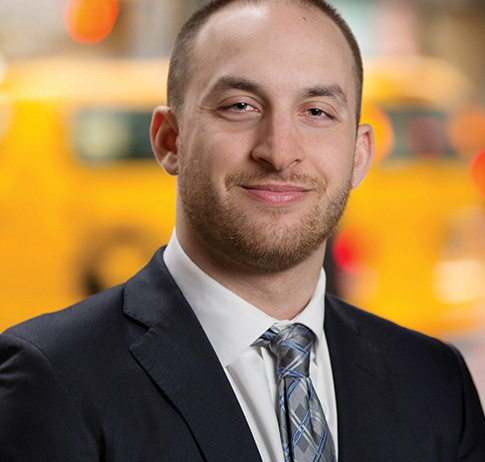Withers partnered with Stanford Law School (“SLS”) to file an amicus curiae brief with the United States Supreme Court on October 21, 2020 in support of victims of child slavery and human trafficking who were forced to work on cocoa farms in Côte d’Ivoire. Highlighted among the biggest Supreme Court cases to watch in the coming term, the case is brought under the Alien Tort Statute (the “ATS”). The ATS was enacted as a part of the Judiciary Act of 1789 and allows non-US nationals to file tort claims in US federal court for violations of the law of nations. Although this statute lay dormant for the better part of 200 years, victims of and advocates against human rights abuses have invoked the broadly-worded statute in recent decades in an effort to hold persons located in the United States accountable for violations of international law.
The victims allege that several leading companies in the global cocoa and chocolate industry, including US-based Nestlé USA, Inc. and Cargill, Inc., aided and abetted the cocoa farms’ use of child slavery and forced labor and brought suit against them in California federal court pursuant to the ATS. In 2018, after more than a decade of litigation, the Ninth Circuit Court of Appeals issued a ruling allowing the victims’ lawsuit to proceed. The cocoa companies appealed the Ninth Circuit’s ruling to the Supreme Court, arguing that domestic corporations cannot be held liable under the ATS and that the alleged conduct was impermissibly extraterritorial. The United States Solicitor General filed an amicus curiae brief in support of the companies’ position and further argued that the ATS does not permit aiding and abetting liability.
Working with Professor Beth Van Schaack and students in SLS’s International Human Rights Clinic, the Withers pro bono team filed an amicus curiae brief opposing the United States Solicitor General’s argument and arguing that aiding and abetting liability has been well-established in international law since the enactment of the ATS in the eighteenth century and through the present day. Noting that US courts have generally held that aiding and abetting claims are recognized as viable claims under the ATS, the brief urges the Supreme Court to reject the United States Solicitor General’s argument to limit the scope of the ATS and prevent victims of child slavery – and other victims of grievous human rights abuses – from having the opportunity to prove their case in American courts. The brief was joined by a distinguished group of international law professors from around the United States and across the globe.
The consolidated cases are Nestlé USA, Inc. v. Doe I (Docket number 19-416) and Cargill, Inc. v. Doe I (Docket number 19-453) The Supreme Court will hold oral argument on December 1, 2020.
The Withers team is led by partner Emma Lindsay and includes associates Jovana Crncevic, Camilla Gambarini and Joseph Gallo and paralegal Lalindra Sanichar.




